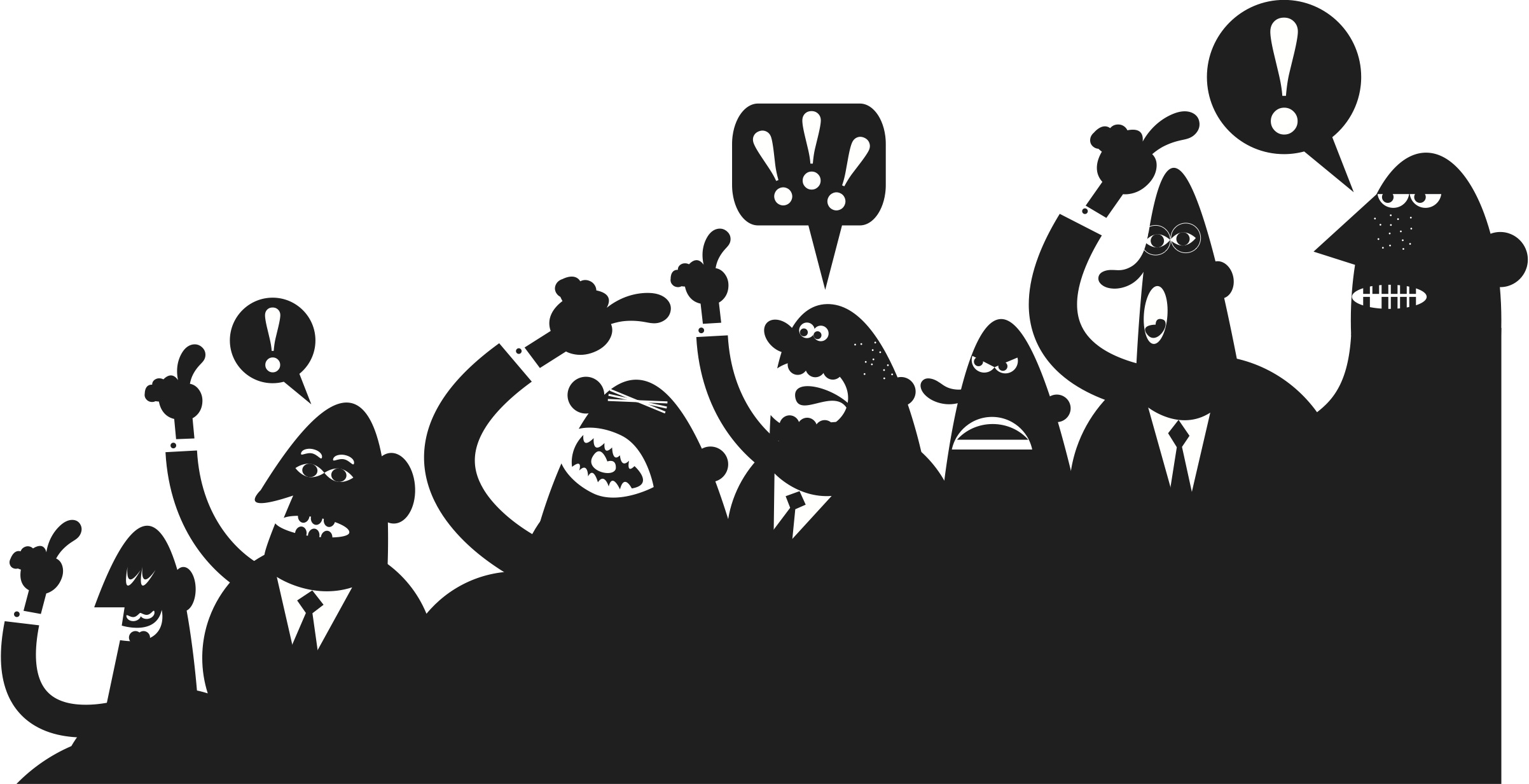CarderPlanet
Professional

Hello everyone, bandits! Have you already guessed who is with you today? Of course, this is me - Stalilingus, your guide to the world of NLP, SI, manipulation and other psychological goodies, about which many talk so much, but do not know how to do anything themselves. And you study and practice with you, right?
I am throwing you competent material on conflict management, or rather on the positive side of the conflict. The material is not mine, of course, but it is very good and, most importantly, it is applicable in practice. This is not a chatterbox, this is a really working topic! So take it into service. Well, let's go!
Why can you benefit from conflict?
Anger, fear, despair and frustration - conflicts are always accompanied by strong negative emotions. We are hurt and hurt, we want this to end as soon as possible. But in any conflict there is a constructive beginning, which can become an impetus for development. We invite you to learn more about the nature of conflicts and strategies of behavior in them.
What is conflict?
Psychologists, sociologists, political scientists and philosophers are engaged in the study of conflicts. There is even a separate discipline - conflict management. There are dozens of definitions of the concept of "conflict" in the scientific literature. Here is the most typical one.
Conflict is an acute way of resolving contradictions in interests. These contradictions can arise both between individuals (interpersonal conflicts) or their groups (intergroup conflicts), and within the individual (intrapersonal conflict).
Modern psychology views conflict in a constructive manner. It is believed that if you learn how to manage them, you can benefit from them.
Conflict positive features
Discharging. Due to constant stress, there is a time bomb inside each of us. If emotions are not given an outlet, you can "explode". Small conflicts help relieve inner tension and prevent antisocial behavior.
Reset "masks". In a conflict situation, the true face of a person is revealed. Even a close friend can show himself from a completely unknown side, and not always a good one. Social conflicts teach you to better understand people and form a social circle more thoroughly.
Cohesion. If we are talking about intergroup confrontation or conflict between an individual and a group, then the struggle unites the members of the social cell. Common interests and a common "enemy" unite the collective.
An incentive for improvement. Conflict is a signal that the relationship is at an impasse and, in order to maintain it, you need to work on yourself. For a sane person, a conflict situation is an impetus for development.
How to behave in a conflict?
According to which scenario the conflict will develop - destructive or productive - depends on the behavior of the participants.
American psychologists Kenneth Thomas and Ralph Kilmann have developed a two-dimensional model of the strategy of human behavior in conflict. They proceeded from the fact that in any social conflict, each participant evaluates and correlates his own interests with the interests of the opponent, and they identified five main ways of interaction as strategies. It is withdrawal, concession, struggle, compromise and cooperation.
Leaving (or avoiding) is characterized by the fact that a person does not want to defend his views and participate in disputes. It is easier for him to get away from solving the problem - "figure it out for yourself." Such behavior is considered justified when the subject of the conflict is so insignificant that it is not worth the time and effort.
A concession (or accommodation) is a strategy in which a person is willing to sacrifice his own interests in favor of the interests of a rival. The cause may be self-doubt or low self-esteem. This model of behavior is considered normal if the participant in the conflict wants to emphasize the value of the relationship with the opponent.
In a state of struggle (or coercion), a person thinks like this: "There is my opinion and the wrong one." He uses all his strength, connections and authority to overwhelm his opponent. The principle applies here: either I am right and you obey me, or - goodbye.
If one side to some extent accepts the point of view of the other, we can talk about a compromise. In fact, this is a strategy of mutual concessions, when each participant satisfies only a part of his interests and, as a result, a balance is achieved. The individual's ability to compromise is highly valued. However, due to the half-heartedness of such solutions, compromise often leads to new conflicts.
The fifth strategy is collaboration. Here rivals respect each other. Everyone has their own ideas about black and white, which means that one must reckon with the interests of the opponent. The parties are ready for dialogue and are looking for a common solution to the problem that suits everyone.
The parties to the conflict rarely adhere to any one strategy. As a rule, one model of behavior replaces another. The following video demonstrates this. There, the young man began with a struggle, then made some concessions and, finally, moved on to cooperation.
Any confrontation can be productive. For a conflict situation to be beneficial, choose the right strategy of behavior. It's okay to be angry. But it is important to pull yourself together in time, see opportunities for development and move on to cooperation.
